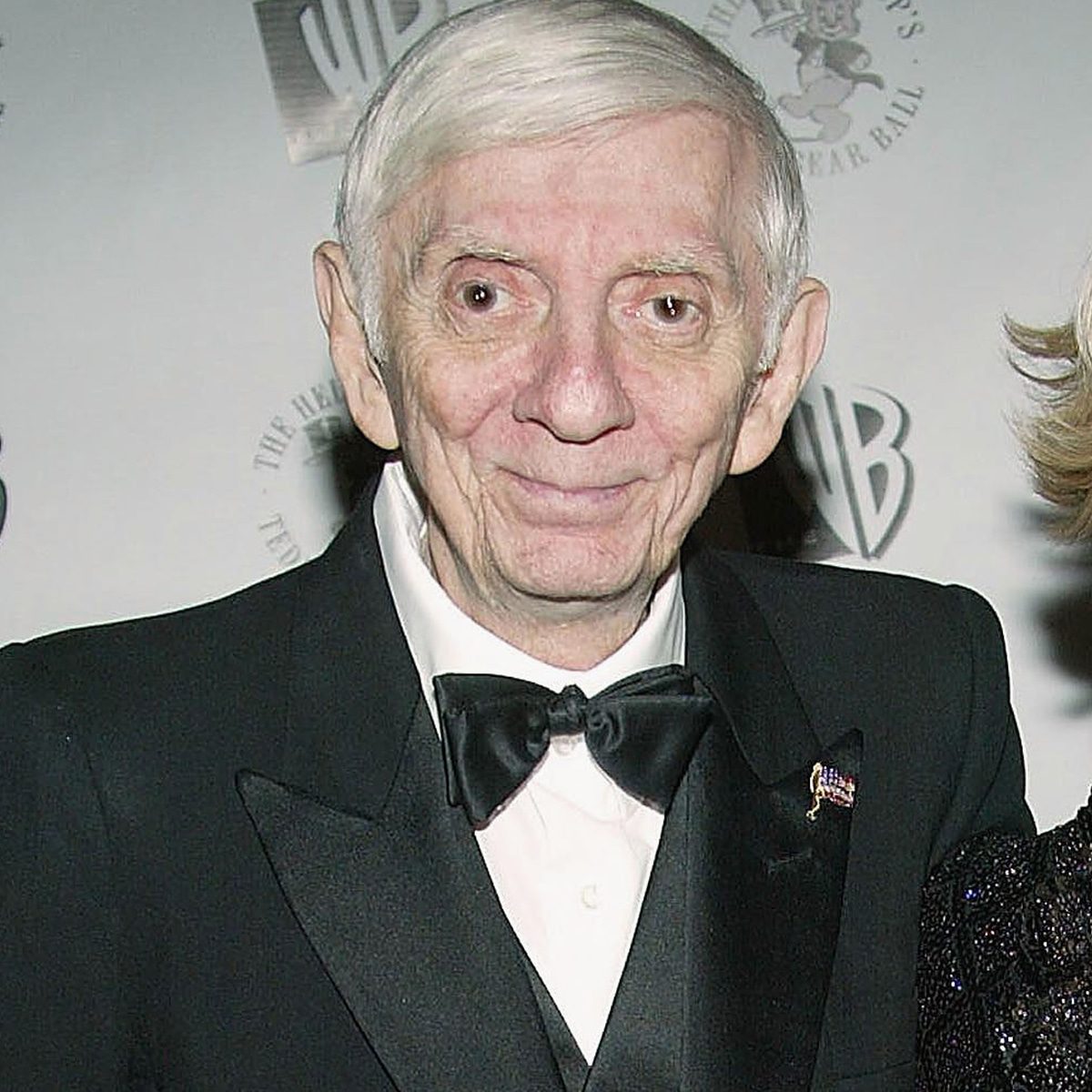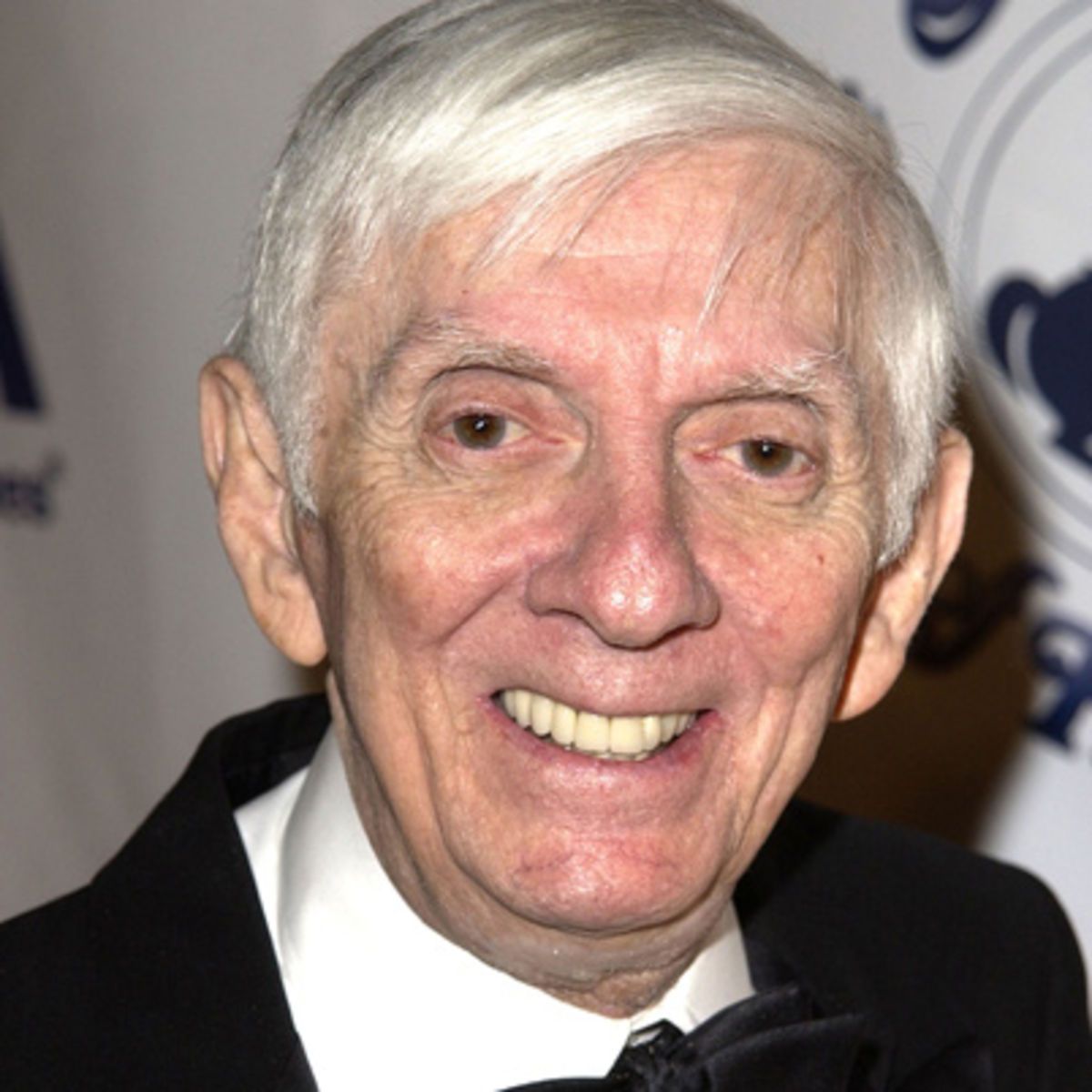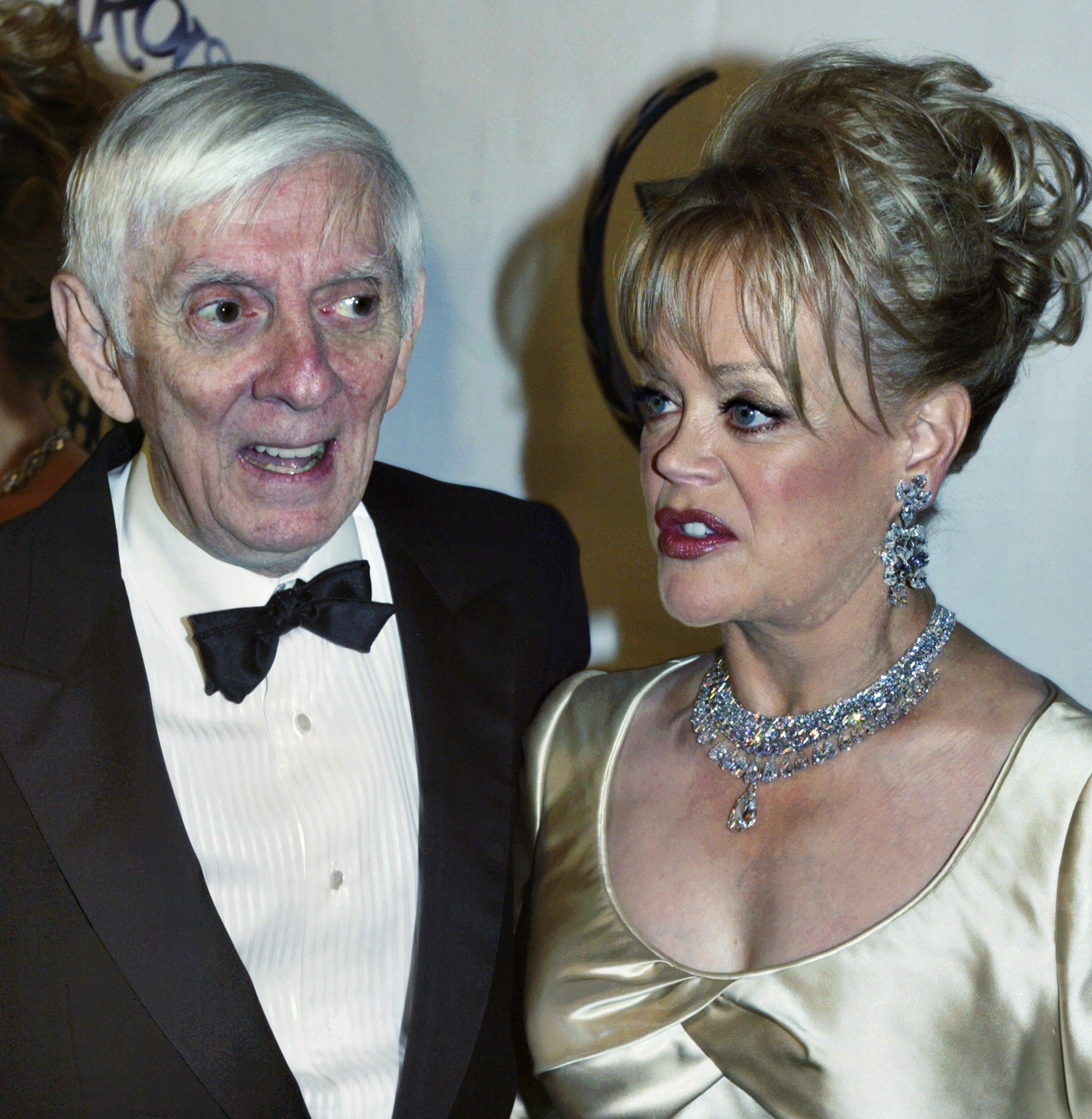Aaron Spelling - What's In A Name's Letters?
When we think about names, it's pretty clear that the way we write them, the actual letters, can carry a lot of meaning. Sometimes, you know, a name just feels right for a boy, and another for a girl. Take "Erin," for instance; it often brings to mind a girl, and it comes from the word for Ireland, which is kind of neat. Then there's "Aaron," an old name from the Bible, usually thought of as a name for boys. It's interesting how these perceptions just sort of settle in our minds, isn't it?
The thing about names, and how they're put together, is that it's not always so simple. We might have a strong feeling about whether "Erin" truly honors someone named "Aaron" if it's for a girl, and honestly, some folks might not see that connection at all. For many, the two names, Erin and Aaron, feel completely separate, almost like they live in different neighborhoods of sound and meaning. It's like, they're just different names, plain and simple, each with its own vibe.
What's more, the way a name is written down, its spelling, can really change how we see it, or even how we say it out loud. You might hear "Aaron" said one way, and then a slightly different way for a similar-looking name. This little shift in how we say things, or how the letters are arranged, can totally influence whether we think of it as a boy's name or a girl's name. It's a bit like a subtle nudge in one direction or the other, you know?
Table of Contents
- The Many Faces of "Aaron" - Is Aaron Spelling Just for Boys?
- Beyond the Common Letters - How "Aaron Spelling" Changes
- Does "Aaron Spelling" Influence Perceptions?
- What About Other Names - Are Their Spellings Like "Aaron Spelling"?
- Why So Many Ways to Write "Aaron Spelling"?
The Many Faces of "Aaron" - Is Aaron Spelling Just for Boys?
When we talk about names, it seems pretty clear that some just fit one gender more often than another. For example, "Erin" is almost universally considered a name for a girl, and "Aaron" is almost always seen as a name for a boy. This isn't just about what sounds good; it's also about history and how names have been used over time. The way we spell "Aaron" usually points to it being a boy's name, too, which is kind of interesting to think about.
Yet, the way names are put together can have little twists. There are other ways to write "Aaron," like "Aron" or "Aharon," which are more connected to Hebrew traditions. These different letter combinations, while still sounding similar, can sometimes make you think of different things or even different people. It's like, a name can have a few different outfits, you know? Each one gives it a slightly different feel.
It's not just about the letters themselves, but also how they're spoken. Even if the spellings are quite similar, the way people say them can be a bit different, which then helps us tell them apart. This subtle difference in sound often goes hand-in-hand with how we associate a name with a particular gender. So, in a way, the sound and the letters work together to create our overall impression of a name.
"Aaron Spelling" and Gendered Names - A Closer Look
When you consider "Aaron spelling," you might notice that the general feeling is that it's a name for boys. This idea is pretty common, and it's something many people just accept without much thought. But then you have names like "Erin," which are clearly for girls. The distinction between these two names, even though they sound a little alike, is usually quite firm. It's like they're on opposite sides of a gender line, if that makes sense.
Sometimes, families want to bring a piece of their past into a new name. For instance, someone might have a son and want to make sure the name "Aaron" is somehow part of his identity, perhaps combined with other family names. So, you might see a name like "Daron," which comes from putting "Donald" or "David" together with "Aaron." This shows how important it can be for people to weave specific names, or parts of names, into new ones, making "Aaron spelling" a part of a new family story.
This desire to combine names, or to use a particular "Aaron spelling," really highlights how much personal meaning names hold. It's not just about picking something that sounds nice; it's about connecting to family, history, or even just a feeling. The way a name is constructed, the letters chosen, can be a very personal decision, showing how much thought goes into it. It's a rather significant choice, when you think about it.
Beyond the Common Letters - How "Aaron Spelling" Changes
It's fascinating how names, including variations on "Aaron spelling," can shift and change. What one person considers the "normal" way to write a name might be totally different for someone else. This is especially true today, where there are so many different ways people choose to put letters together for a name. It's almost as if the idea of a single, correct spelling for any name is fading away, which is kind of freeing, really.
Sometimes, people have strong feelings about how names are written. For example, some find it a bit annoying when a name has capital letters in the middle, like "McKinley" or "DeAngelo." It's a personal preference, of course, but it shows how even small details in "Aaron spelling" or any other name can cause a reaction. These little quirks in how names are presented can really stand out to us, can't they?
We also see how popular culture can influence how we perceive a name's spelling. Someone might come across a character in a TV show, say, and that character's name, like "Sloan," might have a particular spelling. Then, that spelling becomes the one that sticks in their mind, even if there are other ways to write it. This just goes to show how widely our ideas about "Aaron spelling" or any other name can come from, you know, all sorts of places.
Personal Connections and "Aaron Spelling" Variations
Our personal experiences really shape what we think about names and their spellings. For instance, someone might have grown up hearing "Aaron" pronounced in a particular way, and that's just how it is for them. This early exposure makes that specific "Aaron spelling" feel like the natural one. It's like a familiar tune that just plays in your head whenever you see or hear the name.
The choice of a name's spelling can also be a very personal statement, sometimes even a combination of names that mean something special to a family. When a family combines "Donald" or "David" with "Aaron" to create "Daron," it shows a deep desire to honor heritage and connections. This kind of thoughtful creation means that the "Aaron spelling" part of it carries a lot of weight and personal history, which is pretty cool.
And then there's the idea of "correct" spelling, which, frankly, isn't always agreed upon. Different style guides, like those used in publishing or academia, might suggest different ways to write names. So, what one guide says is the standard for "Aaron spelling" or any other name, another might not. This lack of a single, clear rule means there's a lot of room for individual choice and tradition to come into play, which is actually quite common.
Does "Aaron Spelling" Influence Perceptions?
It's an interesting thought: does the way a name is spelled, like "Aaron spelling," affect how people perceive the person who has it? There's a chapter in a book, for example, that explores whether certain name spellings might be linked to ideas about a person's level of education. This kind of idea makes you pause and think about the subtle ways names might influence our first impressions, doesn't it?
Consider the example of "Carson" as a name. For some, it's absolutely a boy's name, no question. But then, if a sister gets a name like "Georgia Cate," which is seen as really lovely, the person named "Carson" might feel a bit put out, thinking their name isn't as "gorgeous." This suggests that the perceived quality or appeal of a name, including its "Aaron spelling" or any other, can definitely shape feelings and even lead to a sense of unfairness, which is kind of a strong reaction.
Beyond personal feelings, there's also the appeal of certain names in different contexts. Imagine a situation where someone is being considered for a role, and the idea of being able to say a historical name, like "Aaron Burr," all the time, is appealing. This shows that the sound and familiarity of a name, even its specific "Aaron spelling," can carry a certain charm or advantage in particular situations. It's almost like the name itself has a bit of charisma.
"Aaron Spelling" and the Idea of Education
The notion that a name's spelling, including "Aaron spelling," might connect to someone's educational background is a thought-provoking one. It suggests that there are subtle biases or associations we might hold, perhaps without even realizing it. This isn't about right or wrong, but about how names, through their appearance on paper, can trigger certain assumptions in our minds. It's a rather complex idea, really.
This idea comes from a deeper look into how society sometimes judges or categorizes people based on seemingly small details. If a particular "Aaron spelling" is seen as more traditional or less common, it might, for some, bring up certain preconceived notions. It's a reminder that names are not just labels; they can sometimes carry a lot of unspoken social weight, which is pretty interesting to consider.
It's worth noting that these kinds of associations are often based on broad patterns or perceptions, not on individual facts. Just because a book chapter discusses a correlation doesn't mean it's a universal truth for every single person. However, it does highlight how names, and their particular spellings, can become part of a larger conversation about identity and societal expectations. It's a bit like a subtle code, you know?
What About Other Names - Are Their Spellings Like "Aaron Spelling"?
It turns out that the variety we see in "Aaron spelling" is pretty common across many other names, too. Think about "Claire." You've got "Claire," "Clare," and even "Clair." While "Claire" might be the most common way to write it generally, other spellings exist and are used by real people. This just goes to show that there's often more than one way to write a name, and each variation has its own story, which is kind of cool.
The popularity of different spellings can also change over time. For instance, the Social Security Administration keeps track of how common names are. They might show "Claire" as quite popular, while "Clare" is less so, and "Clair" might not even show up in the top thousand. This data gives us a peek into how widely accepted or used certain "Aaron spelling" variations, or any name's variations, truly are in the broader public, which is useful information.
And it's not just about what's most common; it's also about personal preference and aesthetic. Someone might really like the French way of writing "Madeleine," for example, and not be as fond of "Madelyn." This shows that how the letters look together, the visual appeal of a name's "Aaron spelling" or any other, can be a big factor in what people choose. It's a very personal decision, really.
The "Aaron Spelling" Conundrum in Other Popular Names
The idea of a "correct" spelling, much like with "Aaron spelling," often causes a bit of a puzzle for other names too. Take "Killian" versus "Kilian." You might think "Killian" is the usual or most correct way, but then you find out that "Kilian" is actually the traditional one, linked to a saint. This just highlights that what seems common isn't always what's historically rooted, which is a neat piece of trivia.
People often misspell names, and this is true for names like "Killian" or "Kilian." Most folks might naturally go for the "K" spelling rather than the "C." This kind of common mistake shows how ingrained certain patterns are in our minds, even if they're not always accurate. It's a bit like a reflex, you know, to write it a certain way.
And then there are nicknames versus full names, which adds another layer to the "Aaron spelling" discussion. Someone might be called "Candy" by their friends and family, but then use "Candace" for formal situations like work or school. This illustrates how a name can have different forms for different parts of a person's life, showing the flexibility and personal nature of names. It's pretty interesting how that works out.
Why So Many Ways to Write "Aaron Spelling"?
The simple answer to why there are so many ways to write names, including variations on "Aaron spelling," is that language is always moving and changing. There isn't one single, unchanging rule book for names. What was popular or traditional yesterday might not be today, and new ways of putting letters together keep popping up. It's a rather fluid situation, really.
Personal preference plays a really big part, too. People want names that feel unique, or that have a special meaning to them, and sometimes that means choosing a less common "Aaron spelling" or inventing a new one. This desire for individuality means that the landscape of names is constantly getting new additions and variations. It's like a garden where new flowers are always blooming.
Finally, the influence of different cultures and historical periods also contributes to the rich variety. Names travel across borders and through time, picking up new pronunciations and spellings along the way. So, the different ways you see "Aaron spelling" are a reflection of a long history of usage and adaptation. It's a pretty complex story, when you think about it.

Aaron Spelling - Hollywood Walk of Fame

Pictures of Aaron Spelling

Pictures of Aaron Spelling